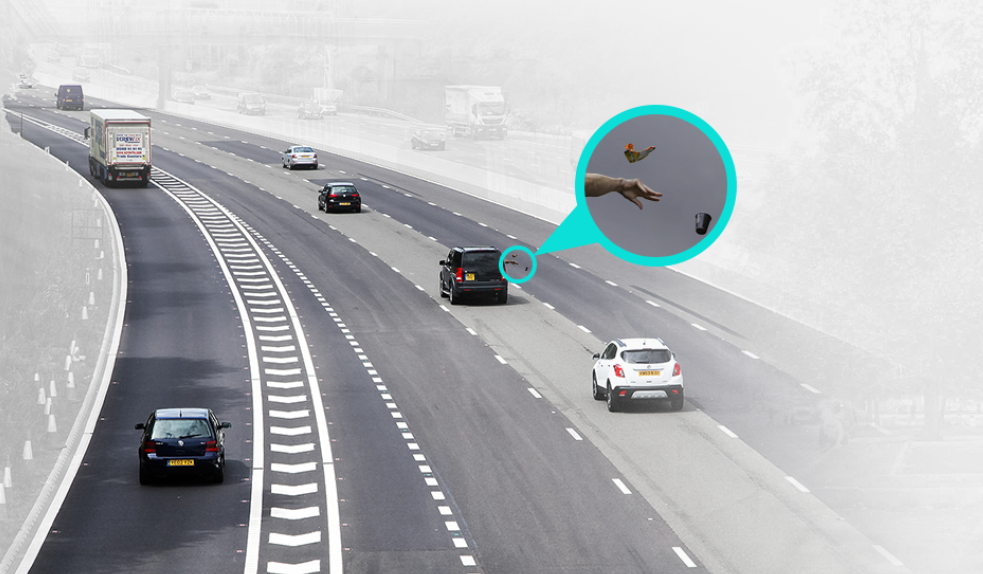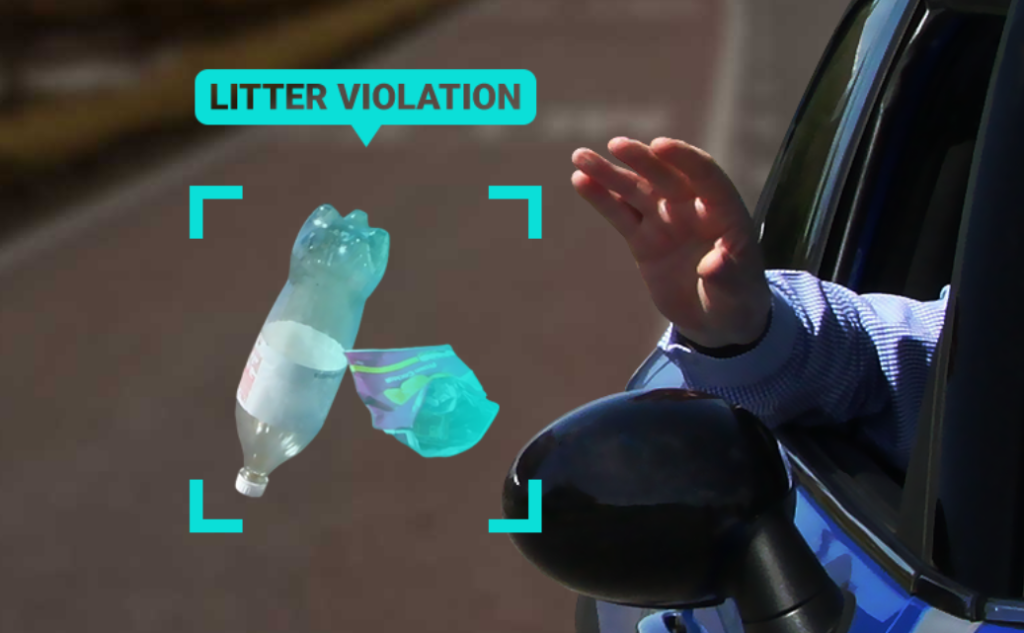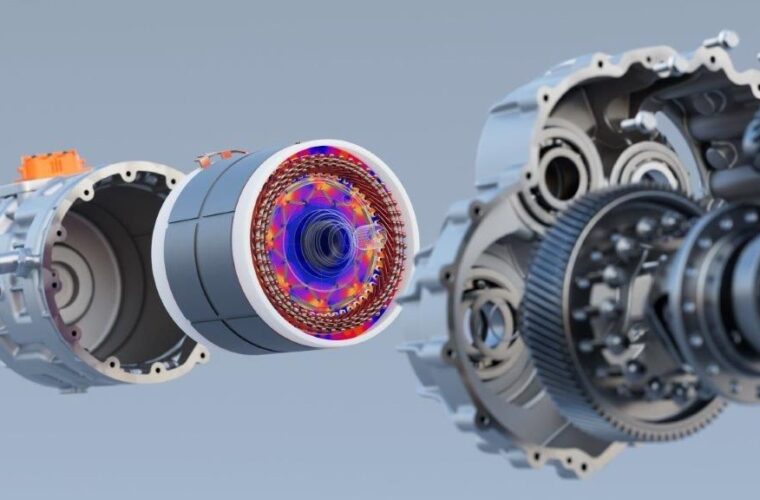
LitterCam has developed AI software to target motorists who throw rubbish from their cars and issue an automatic fine. This innovative artificial intelligence technology aims to improve environmental quality and reduce litter clearance risk. The AI technology can match footage of motorists throwing rubbish to their car numbers. It can even spot a cigarette butt thrown from a car’s window.
Then, based on the law, an automatic fine is imposed on each driver. The patent pending LitterCam technology has been piloted in the UK. In the case of the UK, the fine for motorists who throw rubbish is £90. If unpaid after 15 days, the fine will rise to £120. The problem of littering from cars is reported to have become worse over a couple of years. Highways England, which operates, maintains, and improves England’s motorways and major A roads, notes that it picks up more than 200,000 bags of rubbish from the roadside each year.
Wild animals are also affected by this crucial issue since many injuries caused by rubbish are reported every year. For instance, the Royal Society for the Protection of Birds (RSPB) reports 5,000 calls per year regarding litter and 14 calls per day regarding wild animals affected by waste. Apart from that, there is also pollution and damage to the environment. According to environmental organizations monitoring the problem, it is likely that the plastic waste will end up in oceans and lakes and be swallowed by animals resulting in injuries and death.

The innovative AI software
LitterCam’s end-to-end solution includes all hardware, software, and services – from detection devices to the point where a debtor appeals. “In today’s financial climate, effective service delivery and business improvement can be difficult to achieve. Local authorities are demanding efficient, scalable, and low-risk approaches when introducing new services,” LitterCam notes. “The patent-pending LitterCam technology uses Artificial Intelligence to remotely detect vehicle-based littering offenses. Our platform then securely transmits this footage for human validation, before an automatic request is made to the DVLA for details of a vehicle’s registered keeper so a penalty charge notice can then be issued”.
The company behind this AI software aims to reduce the number of people and animals killed or seriously injured. It can also significantly reduce the exposure of rubbish clearance teams to potential risks and the cost of waste clearance.
“At LitterCam, we work with maintenance teams to identify litter hotspots. We can mount our equipment to existing lamp columns or gantries or can provide portable solar trailer-mounted units if required. By working in partnership with the relevant local authority to provide enforcement and education, motorist’s littering behaviors can be changed,” the company highlights.

The issue of data protection
However, an issue that has already arisen regarding using such technologies is the protection of personal data.
Although this new technology which uses artificial intelligence to spot evidence of littering, is up-and-coming, it is crucial to uphold human rights and protect the drivers’ personal data. It is also important to ensure that all the collected data are processed following the law, stored, and protected from hackers or other exposure.
Technology related to CCTV surveillance has become much more sophisticated and widespread over a couple of years. In the past, there have been recorded cases of collecting personal data with illegal practices or incidents in which the data has been exposed to cyber-attacks. At the same time, however, several personal data protection issues have arisen, especially in cases where citizens are not informed about the recording.
In the UK, where this AI software is piloted, litter pickers underline that rubbish has increased by up to 250% since the pandemic began. A technology that can spot those who break the law and pollute the environment could be highly beneficial for environmental purposes. However, it is also important to ensure that personal data collected and processed is safe and secure.



